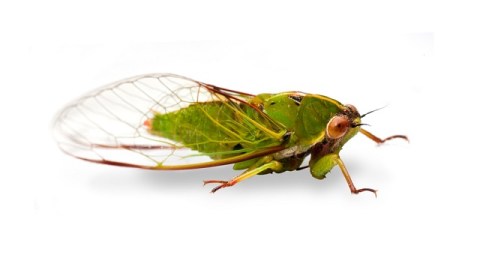You’re Already Eating Bugs. What’s The Big Deal?

What’s the Latest Development?
The recent release of a UN report recommending increased insect consumption was met — in the West, at least — with some skepticism and revulsion. However, while the average American farmers’ market isn’t yet offering roasted cicadas for sale, writer Kyle Hill reminds us that the likelihood of our consuming a not-insignificant amount of insect throughout our lives is pretty high. He notes that according to the FDA’s Defect Levels Handbook, which lists in detail just how much insect is considered safe for consumption in certain foods, spinach is allowed to contain, at maximum, an average of “50 or more aphids, thrips, and/or mites per 100 grams. That’s spinach that is 0.01% bug by weight.”
What’s the Big Idea?
The Western media’s knee-jerk reaction to the UN report is just a bit over the top, says Hill. Insecticides are only going to kill so many bugs prior to crops’ packaging and processing. That said, the levels set by the FDA are the maximums, so in most cases the percentage of bug parts in any given food is much less. While “[a]nything over [the defect levels] would be aesthetically unpleasing…it’s doing you no harm. You obviously aren’t keeling over from eating too much carapace.” Would it be that big of a leap if insects took a more prominent place at the table?
Photo Credit: Shutterstock.com
Read it at Scientific American





